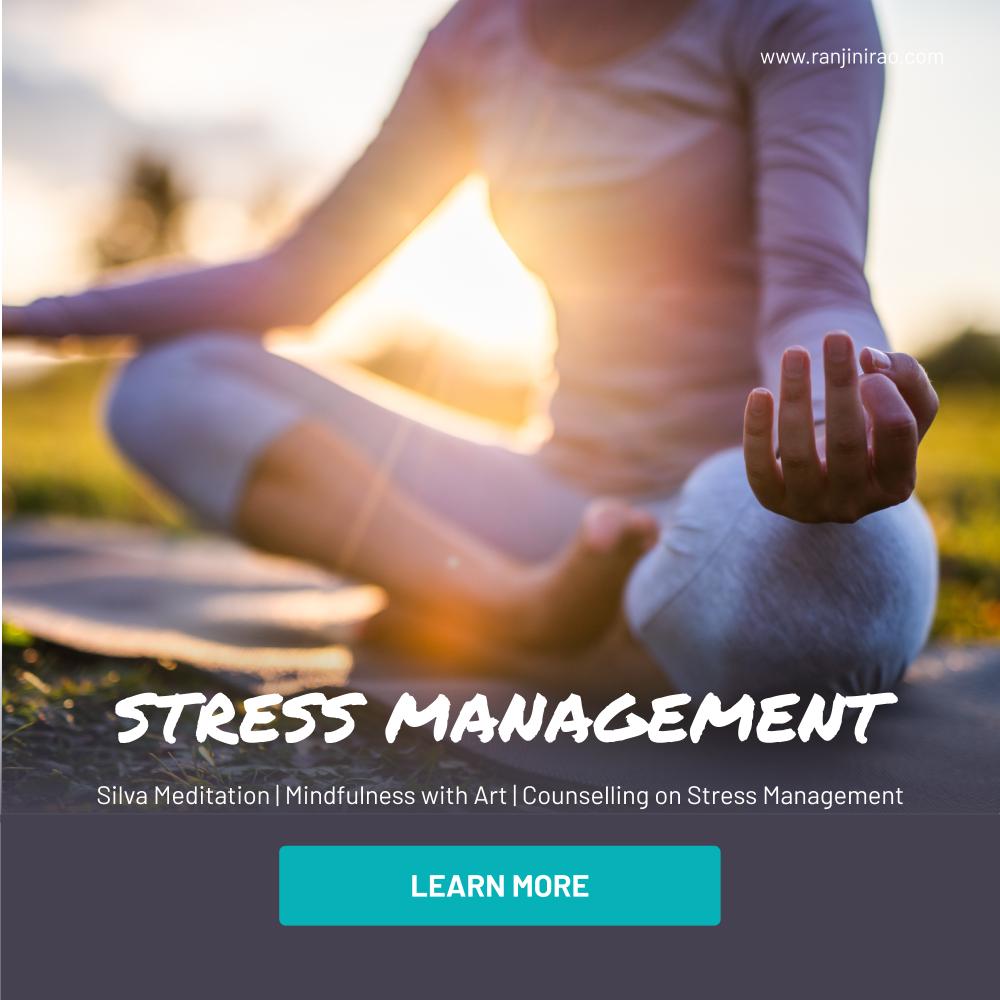How to heal your inner child?
Regardless of your age, you have experienced several problems and heartaches in the past. Whether it is bullying, loneliness, insecurity or even lack of attention and affection from your family, all of these affect your current situation. These sufferings and heartaches are not easily healed. Like others, you will carry these feelings even at present days.
To take away bad memories and pains in the past, you need to understand the healing of your inner child. Through this inner child medication, you can heal your mind and soul. You also have a chance to recover the self-confidence to forgive and forget the pain. As a result, you will live in a better and happy life.
To heal the inner child movement, most experts advise the expressive therapy. This includes the use of play, writing, music and non-judgmental mediums. With this process, you can easily release negative thoughts, sabotaging actions and depleting emotions. You can also express your desires and permit the demonstration of real abundance in your life. In addition, through the use of positive affirmations and mediums of inner child therapy, you can block out and alter the integrated beliefs of your outer parenting. It is also easy for you to release all outside judgment and formation through the use of inner child therapy.
As time passes by, there are various procedures on how to heal your inner child. Apart from mediums and expressive methods, some experts offer a perfect guide like eBooks and programs. With these guides, they understand everything about inner child. In addition, asking help from experts is also observed by various people. Whatever types of healing process you desire, it doesn’t matter at all. Just make sure that you follow its steps and your condition becomes even better and effective.


Recent Comments